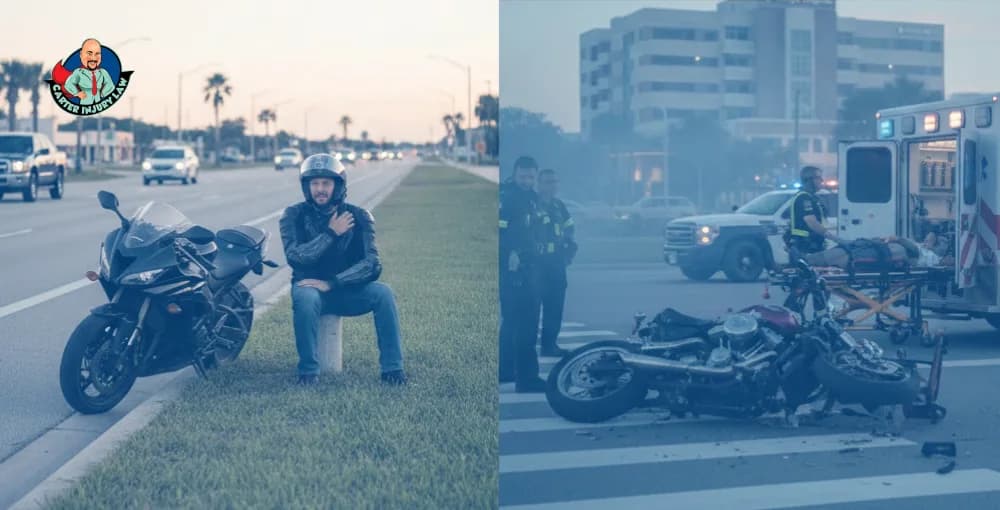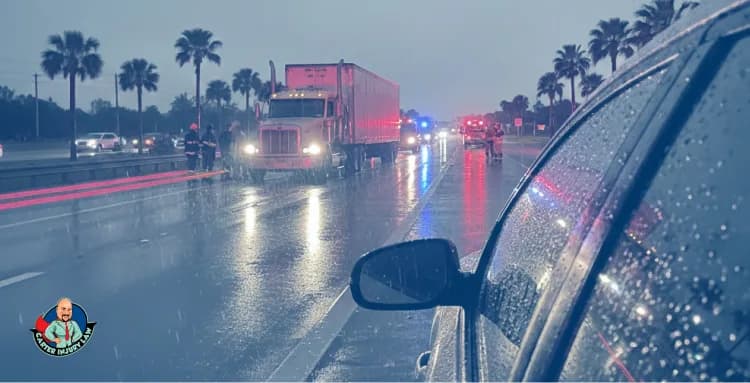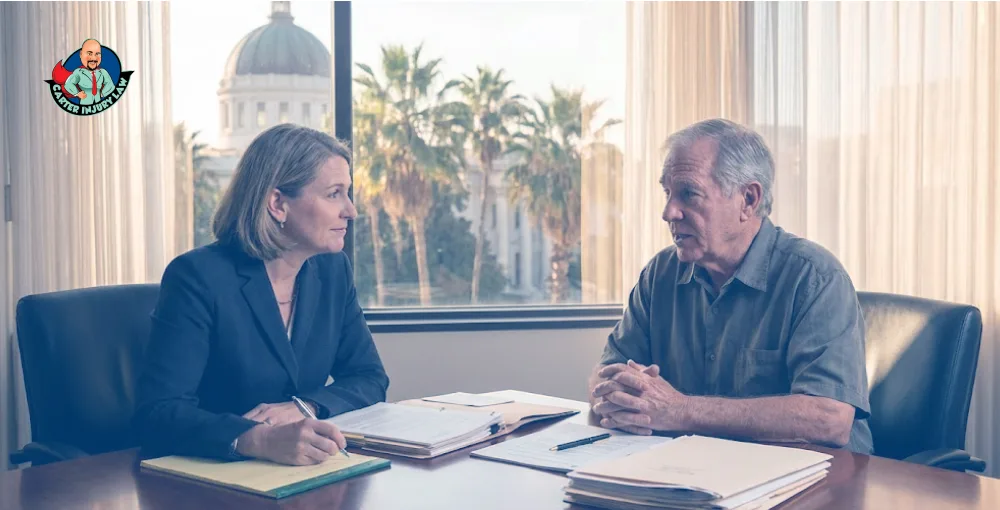The experience of losing someone you care about in a nursing home is unlike any other type of grief. You trust a place to provide care, to notice small changes, to call a doctor when needed. When that trust breaks, it leaves behind questions that do not go away with time.
One of the most painful questions is also one of the most necessary. If sepsis took your loved one’s life, was it a tragedy of illness alone, or was it something more?
The answer can change everything.
1) What Sepsis Really Means in a Nursing Home
Sepsis is not some rare medical mystery. It is the body’s overreaction to an infection, turning the immune system against itself. It can begin with something that looks small, almost ordinary, like a urinary tract infection, a patch of pneumonia, or a bedsore that should have been cleaned and dressed. Left untreated, those small beginnings can spiral into organ failure and death.
Inside a nursing home, sepsis is often preventable. Proper hygiene, timely medical checks, and attentive staff can stop an infection before it turns dangerous. Which is why, when it does happen, families are left wondering whether their loss was fate or neglect.
If you'd like to skip my expository paragraphs and hear it straight from Robert Johnson at Carter Injury Law, here's a short video breaking down about losing someone to sepsis.
2) When Neglect Becomes Wrongful Death
Not every case of sepsis points to neglect, but there are moments when a nursing home’s failure becomes impossible to ignore. Families often discover signs that something went wrong, and those signs can be haunting.
Some of the most common red flags include:
Infections ignored until they spread
Bedsores or wounds left untreated
Residents not given enough food or water
Doctors called only when it was already too late
Medical records that are missing or incomplete
Each of these points tells a story of care that was not given. Nursing homes are held to what is called a “standard of care,” the basic level of attention and treatment any patient has the right to expect.
When a facility falls short of that standard, and a death follows, the law recognizes it as more than a mistake. It becomes negligence, and negligence can open the door to a wrongful death claim.
3) Who Can File a Claim in Florida
In Florida, a wrongful death claim is not something just anyone can bring forward. The law requires a personal representative of the deceased’s estate to file on behalf of surviving family members. That representative speaks for those left behind, whether it is a spouse, children, parents, or even others who were financially dependent on the person who passed away.
The idea is simple, though the process can feel overwhelming: the law gives families a voice, but it must be carried through the estate.
It is worth noting how widespread the issue has become. According to the Centers for Disease Control and Prevention, about 1.7 million people in the United States develop sepsis each year, and nearly 270,000 die from it. Those numbers remind us that sepsis is not rare, and when it happens in a nursing home, prevention should have been possible.
Even more striking, a study in Critical Care Medicine found that almost 80 percent of sepsis cases start outside of hospitals, often in long-term care facilities. That means the responsibility for early detection often falls squarely on nursing homes, where staff are supposed to be watching closely.
4) What Families Can Ask for in a Wrongful Death Case
When a wrongful death claim is brought forward, it is not only about money. It is about naming the loss, recognizing what was taken, and holding a facility accountable. The law provides a way to measure that loss, but families know it is deeper than numbers.
The kinds of damages that may be recovered include:
Medical expenses left behind
Funeral and burial costs
Pain and suffering experienced by surviving family members
Loss of companionship and emotional support
The value of lost services or financial support the deceased once provided
Every case looks different, because every family is different. A spouse may feel the silence in the evenings, a child may miss the parent who once gave advice or care, and parents may carry the grief of losing a son or daughter they never expected to outlive.
The law tries to translate those absences into damages, but what families often want most is recognition that what happened should not have happened at all.
5) Why Time Is Never on Your Side
Grief does not move on a schedule, but the law does. There is a fixed timeframe to make a personal injury claim. In Florida, families generally have two years from the date of death to bring a wrongful death claim. It may feel harsh, but once that time passes, the chance to hold a facility accountable can be lost.
There are other risks in waiting as well. Medical records can be misplaced. Staff members who witnessed what happened may move away or forget details. The longer a family waits, the harder it becomes to gather the truth.
Taking action early does not mean rushing through grief. It means protecting your right to ask questions later, with evidence that has not faded.
6) Justice Is About More Than Money
When a loved one dies from sepsis in a nursing home, the loss feels heavier than words can carry. Families are left with a choice: to let it be written off as illness or to ask if it could have been prevented. This is where justice and accountability meet. A wrongful death claim is not just about recovering costs, it is about ensuring that the same neglect does not harm someone else’s family tomorrow.
There are several reasons families choose to pursue legal action:
Accountability for the facility
Nursing homes have a duty to provide attentive care. When they fail, it is not only one family that suffers. A claim forces the facility to answer for its actions, creating pressure for better standards.Protecting future residents
Legal cases shine a light on dangerous practices. By pursuing justice, families may prevent other vulnerable residents from facing the same fate.Recognition of the loss
A claim acknowledges that a life had value. It gives weight to the companionship, support, and love that were taken away, something no financial number can fully express.Financial stability for survivors
Beyond the emotional toll, families often face unexpected medical bills, funeral costs, and the loss of financial support. Seeking damages can help provide stability during an unstable time.
It is important to understand that compensation is only part of the picture. Many families say what mattered most was not the check at the end, but the acknowledgment that their loved one’s death was not invisible. It was investigated, it was explained, and the facility had to face its role in it.
For some, taking legal action is also an act of care. It is a way of protecting others, honoring the person they lost by making sure that neglect does not continue unchecked. The lawsuit becomes not just a case, but a statement that what happened was wrong, and it cannot be repeated.
7) Taking the First Step Toward Answers
No one plans to make a phone call to a lawyer after losing a loved one. The grief is enough to carry. But families who ask hard questions often discover that silence serves only the facility, not the memory of the person they lost.
That’s why we listen. We gather the details. We explain what the law allows and what steps may be taken. There is no fee unless we win, and consultations are free and confidential.
If your family has lost someone to sepsis in a nursing home, you deserve answers. You may also deserve justice. Reaching out is not just about compensation but also about standing up for the care your loved one was owed.
The choice is yours, but you do not have to make it alone. Call Carter Injury Law or visit our website to schedule a consultation. We are ready to help you understand what happened and to walk with you toward the truth.












